But like the struggle, it continued. And yes, April was the cruelest month.
There have been positive blips in the long lethargy, the drowsy numbness which pains my sense. Only now, however, have I felt up to posting for the first time this year. Why now?
Not the good news - the music, the cricket and (in the last couple of weeks) the baseball, friends and grandchildren. It’s the bad news. It’s the fucking politics.
Jill won’t listen or watch. But I feel drawn to the spectacle; to the viciousness of the Tories and the refusal of Labour to recognise and commit to repealing the ideological nastiness.
It’s the anger and the frustration that has woken me from the drowsiness, the numbness of the last few months.
I feel better for it.
Today from the everysmith vaults: Bob’s sensational series of shows across Europe with random covers from the Dead, Van Morrison, Merle Haggard, has been a constant. But today, Bennyboy released his Best of: In the End There’s Just a Song. Even by his standards, it is a very special compilation.

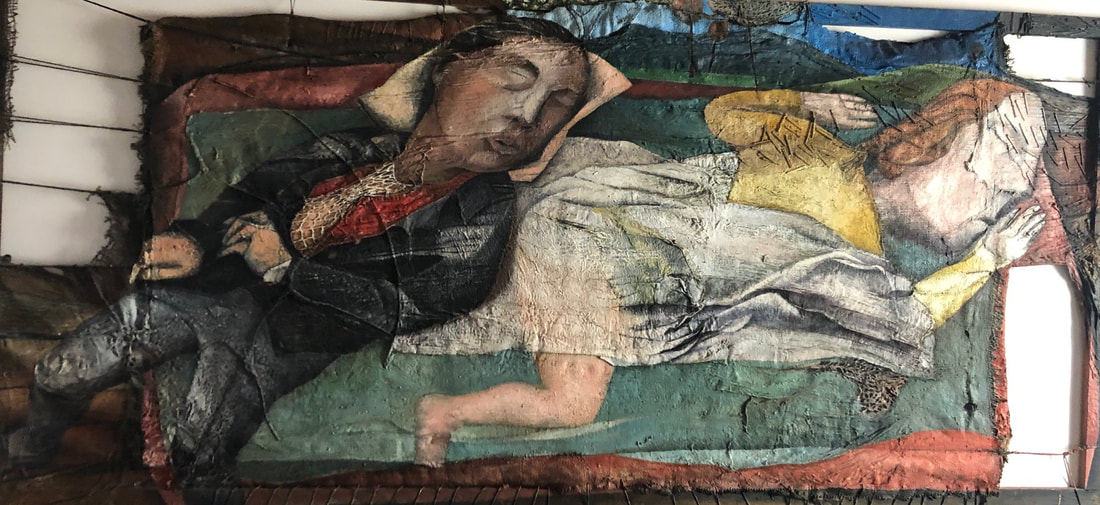


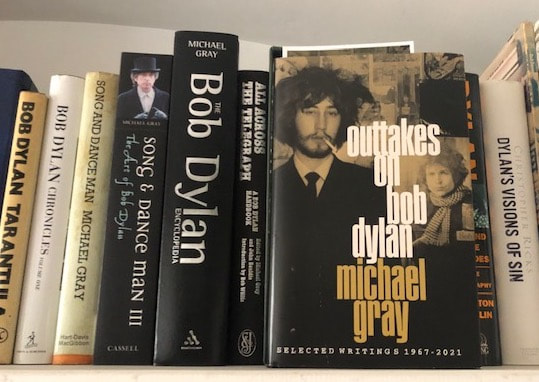

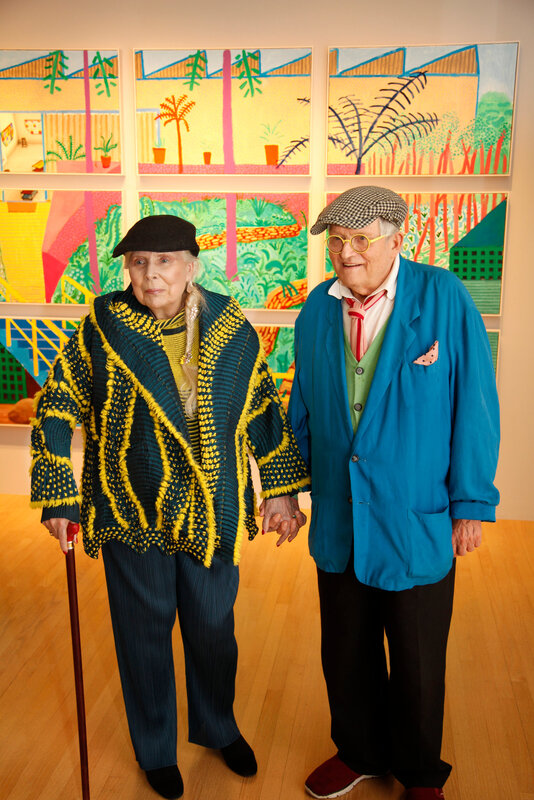


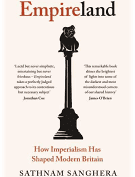
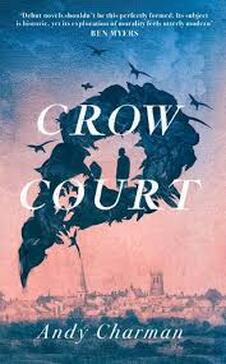


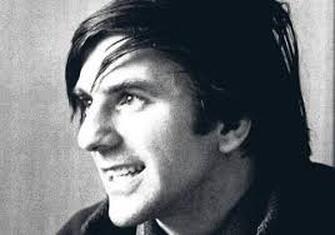




 RSS Feed
RSS Feed